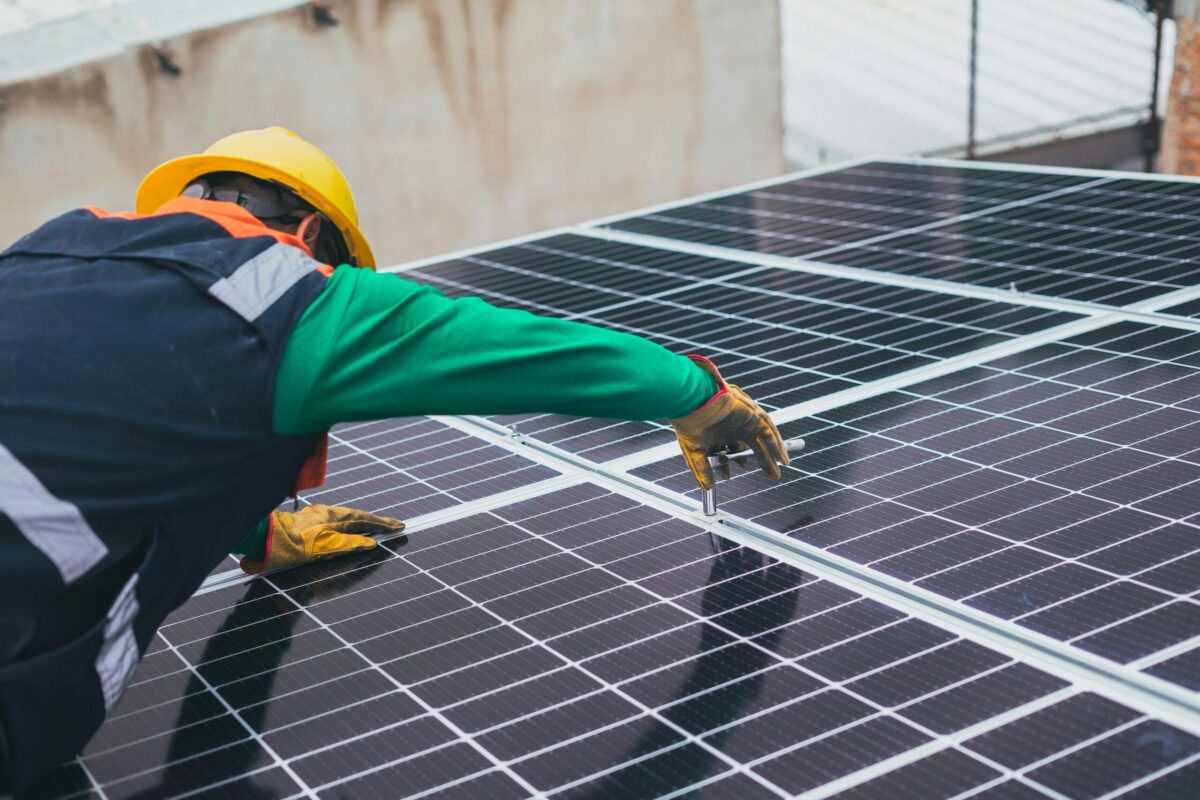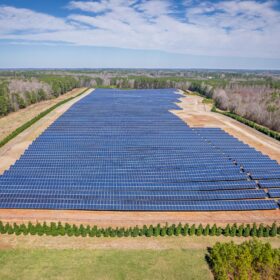A study by Lawrence Berkeley Laboratory (LBL) and Argonne National Laboratory (ANL) grapples with the growth of “variable renewable energy (VRE)”, specifically, solar and wind power that impacts wholesale pricing in the various regional transmission organizations (RTO) of the United States.
The growth of solar and wind power has highlighted the issue of negative pricing on the wholesale markets, where in some instances the availability of wind or solar power depresses prices to the point where wholesalers pay their utility customers to take the electricity off their hands. This situation has led to accusations that solar and wind power are “unfairly” making market conditions difficult for fossil fuel and nuclear power plants.
The study is titled “Impacts of Variable Renewable Energy on Bulk Power System Assets, Pricing, and Costs”. Its findings are a look into an increasingly dynamic electric power market as flexibility becomes a greater factor in individual and types of power plant operations.
The report acknowledges the growth of VRE, but indicate that the primary factor has been the growth of natural gas power plants, especially those that are able to operate on a flexible basis. Wind and solar power are at present secondary causes, while grabbing the headlines. Also noted is that nuclear and fossil fuel power plants account for the bulk of negative pricing by their inability to reduce, adjust or cease operations when demand decreases, even without the presence of significant solar and/or windpower.
Also, while negative pricing makes for attractive headlines about solar and wind power “market distortion”, the occurrence is still relatively rare. What is happening, however, is overall downward pressure occurring on wholesale electric prices due to the entry of primarily natural gas and, to a lesser extent, wind and solar power.
In terms of the solar market, the study examined the California Independent System Operator (CAISO), which reported an average penetration of 0.6% of its market from 2010-2012, and 2.6% from 2013-2015. This penetration was found to have the impact of a price decrease of $1.20/megawatt-hour (MWh) in the earlier time period, and $2.10/MWh in the latter.
As a sign that overall markets were getting lower, the price gap from 2015 to 2016 caused by solar shrank. In other markets where windpower was significant, like the Midwest/Central and Texas regions, the large majority of negative pricing were attributed to nuclear, coal and less flexible natural gas power plant operations unable to adjust as demand changed.
The report goes on that while individual power plants may have problems adjusting to changes, the overall mix of plants can adjust to VRE as a whole and over the long run. There is impact on some power plants in terms of cycling and capacity factors, particularly for coal generators.
VRE’s signals of increased flexibility does have the potential of reducing revenue and operations profits for nuclear and coal plants, less so for natural gas sourced units. The growth of VRE also disrupts economic metrics, where the context of levelized cost of electricity (LCOE) doesn’t adequately capture these short term dynamics.
Metrics like “system value” and “system cost” are being used to ascertain the immediate economic impact of VRE in the wholesale markets. LBL and ANL look to continue research into the opportunities and challenges of increased flexibility in the nation’s power grids.
This content is protected by copyright and may not be reused. If you want to cooperate with us and would like to reuse some of our content, please contact: editors@pv-magazine.com.








By submitting this form you agree to pv magazine using your data for the purposes of publishing your comment.
Your personal data will only be disclosed or otherwise transmitted to third parties for the purposes of spam filtering or if this is necessary for technical maintenance of the website. Any other transfer to third parties will not take place unless this is justified on the basis of applicable data protection regulations or if pv magazine is legally obliged to do so.
You may revoke this consent at any time with effect for the future, in which case your personal data will be deleted immediately. Otherwise, your data will be deleted if pv magazine has processed your request or the purpose of data storage is fulfilled.
Further information on data privacy can be found in our Data Protection Policy.